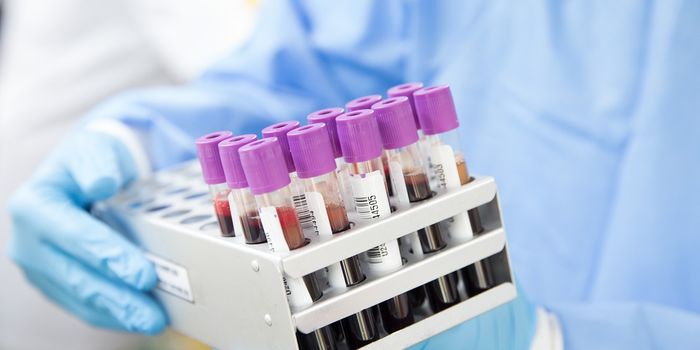A chemotherapy drug that’s comparably milder than other drugs has been found to extend survival for acute myeloid leukemia patients. But the caveat, researchers say, is knowing which patient has the right
genetic profile that will respond favorably to this drug.

Acute myeloid leukemia (AML) is cancer of the blood cells in the bone marrow. This type of cancer is highly lethal, with death rates expected to exceed 50 percent in the 20,000 people who will be diagnosed this year.
While the drug decitabine is considered less intense than other chemotherapy drugs, researchers noticed that some AML patients appear to respond well to decitabine. To find out why this may be the case, researchers sequenced the genetic profile of 116 AML patients. They found that those who tended to respond to decitabine also have a mutation in the cancer gene known as TP53.
"What's really unique here is that all the patients in the study with TP53 mutations had a response to decitabine and achieved an initial remission," said Timothy Ley, the study’s senior author. TP53 mutations are traditionally associated with poor outcome and high lethality. "With standard aggressive chemotherapy, we only see about 20 to 30 percent of these patients achieving remission, which is the critical first step to have a chance to cure patients with additional therapies.
It is not known exactly how a mild chemotherapy drug paradoxically works in AML cases that bear aggressive mutations in TP53. "The findings need to be validated in a larger trial," said Ley, "but they do suggest that TP53 mutations can reliably predict responses to decitabine, potentially prolonging survival in this ultra high-risk group of patients and providing a bridge to transplantation in some patients who might not otherwise be candidates."
Of note, decitabine is not a cure for AML. "Remissions with decitabine typically don't last long, and no one was cured with this drug," Ley explained. "But patients who responded to decitabine live longer than what you would expect with aggressive chemotherapy, and that can mean something. Some people live a year or two and with a good quality of life, because the chemotherapy is not too toxic."
The results of the study point to a subpopulation of AML patients who are most likely to reap benefits from decitabine. "We're now planning a larger trial to evaluate decitabine in AML patients of all ages who carry TP53 mutations," said John Welch, the study’s first author. "It's exciting to think we may have a therapy that has the potential to improve response rates in this group of high-risk patients."
Additional sources: Washington University School of Medicine via
MNT
 Acute myeloid leukemia (AML) is cancer of the blood cells in the bone marrow. This type of cancer is highly lethal, with death rates expected to exceed 50 percent in the 20,000 people who will be diagnosed this year.
Acute myeloid leukemia (AML) is cancer of the blood cells in the bone marrow. This type of cancer is highly lethal, with death rates expected to exceed 50 percent in the 20,000 people who will be diagnosed this year.







